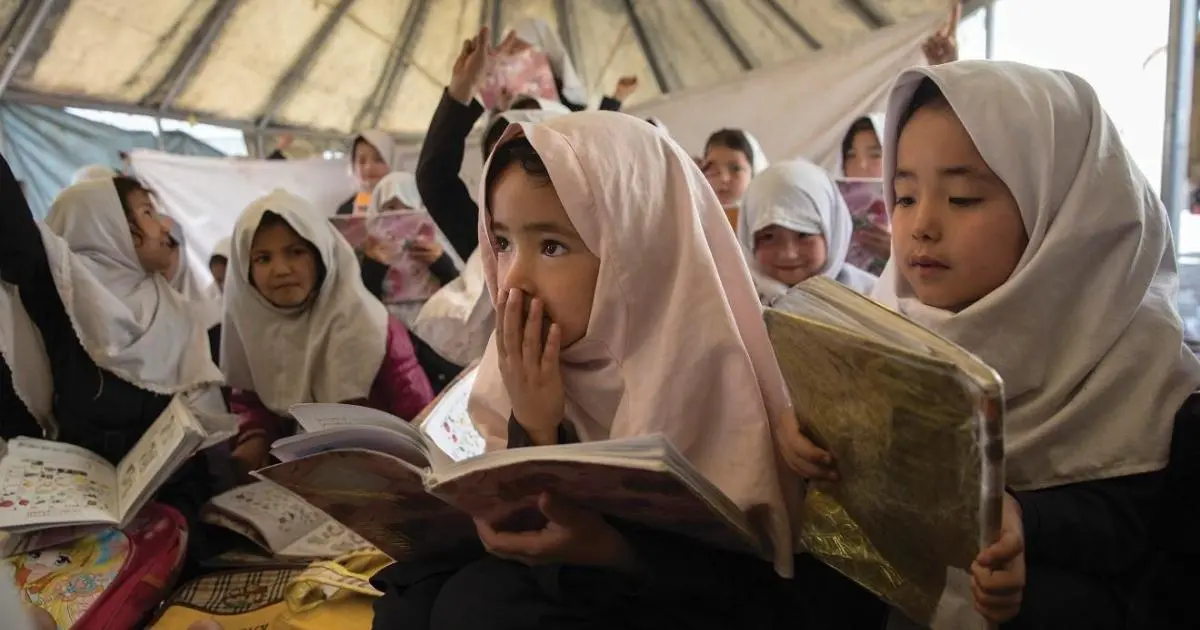Sher Mohammad Abbas Stanekzai, the Deputy Foreign Minister, stated at an event in Kabul that the wars of the past four decades, initiated by the former Soviet Union and the United States, have destroyed all of Afghanistan’s infrastructure, and it is now necessary to rebuild these structures.
Stanekzai described education as the only path to the progress and development of the country, adding that if the citizens of a country are equipped with knowledge, they can advance their nation in all areas.
The Deputy Foreign Minister also called on all Afghans, both inside and outside the country, to unite under one flag and work for the prosperity of Afghanistan.
Sher Mohammad Abbas Stanekzai added at the event: “To have a strong and organized army and an independent policy, knowledge and education are essential. Any country that is adorned with the jewel of knowledge will, God willing, be able to progress.”
The Deputy Foreign Minister also emphasized that no one has the right to prevent citizens from traveling to and from the country.
Meanwhile, Khalil Rahman Haqqani, acting Minister of Refugees and Repatriation, blamed the countries of the East and the West for Afghanistan’s miseries and stated that these countries must take responsibility for rebuilding Afghanistan.
Khalil Rahman Haqqani added: “Those who have destroyed Afghanistan and its modern and scientific centers are now responsible and must be held accountable to rebuild the scientific and religious centers they destroyed.”
Abdul Basit Haqqani, head of Kabul’s Education Department, said: “The brave and fighting nation of Afghanistan has, in the year 1402 [solar calendar], contributed over 8 million afghani in cooperation with the oppressed people of Afghanistan living in villages, specifically in the education sector.”
This program was organized by a charitable organization in Kabul, with the participation of some officials of the Islamic Emirate and representatives from various countries, including Japan, Turkey, and Qatar.
Officials of this charity foundation stated that through various projects in the health, education, and agriculture sectors, they aim to play their part in the country’s reconstruction.
Mohammad Qais Arghandiwal, the head of one of the charitable foundations, said: “We must learn from our people, our country, and our government, find a new and ultimately the best way, so we can implement our projects in various sectors.”
Statistics show that currently, 2,477 non-governmental organizations are active in the country, providing humanitarian aid, emergency assistance, and semi-developmental support for infrastructure projects, among which 278 are managed by foreign entities.

